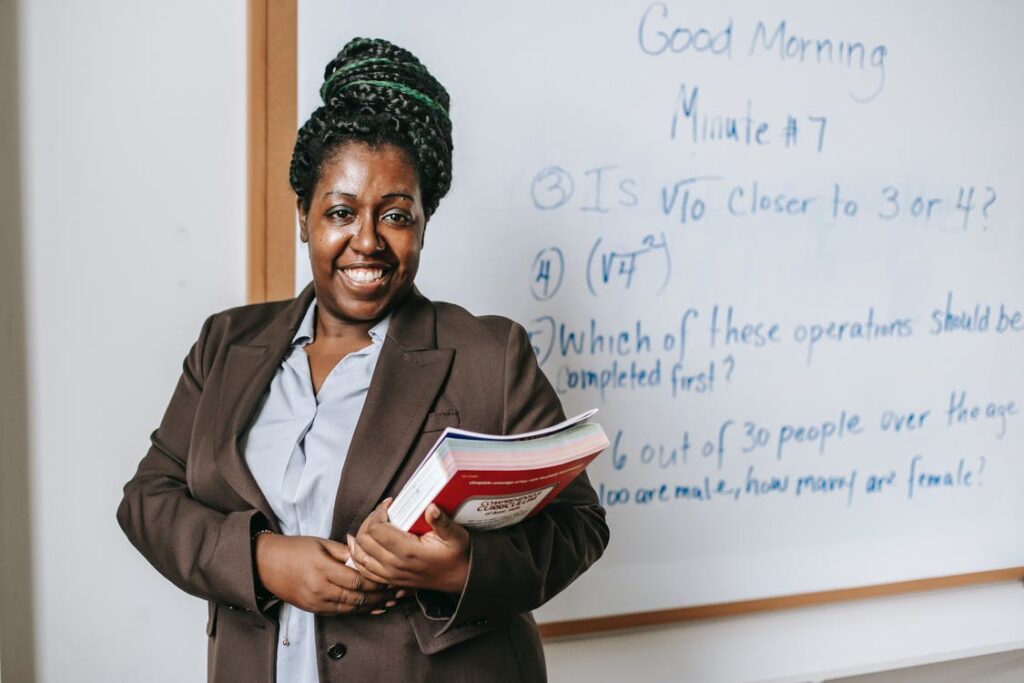A key focus of my blog is General Education. If you are relocating to the Philippines and thinking about pursuing your education, you should have a feel for the academic landscape there. The following guest post is entitled, Everything You Need to Know about Studying in the Philippines.
* * *

The Philippines is an excellent option for international students pursuing higher education abroad. With its tropical climate, vibrant culture, and diverse range of universities, it’s easy to see why studying in the Philippines is attractive. But what do you need to know before you leap? Read on to find out!
The University System in the Philippines
The educational opportunities available to international students can vary significantly from country to country, and knowing your options is essential before making any decisions. You need to understand the university system in the Philippines and what each type of institution offers.
Types of Universities in the Philippines
The Philippine university system is divided into three types of universities: state universities and colleges (SUCs), local universities and colleges (LUCs), and private universities and colleges (PUCs).
SUCs are government-run institutions that taxpayers fund, while LUCs are privately-funded institutions that local governments or other authorities have authorized. PUCs, on the other hand, are entirely privately-funded universities. All three types offer higher education programs for international students.
Admission Requirements
The admission requirements for each type of university may vary depending on where you plan to study. Generally speaking, most universities will require applicants to submit a complete application form and certified copies of their transcripts or diplomas from previous studies.
Depending on your chosen program, you may also be required to submit additional documents such as letters of recommendation or a statement of purpose. Additionally, many universities require applicants to pass an entrance examination before being accepted into a program.
Living Costs for International Students

Living costs for international students vary depending on where they choose to study. Generally, living costs in cities such as Manila are higher than those outside major urban areas. It’s important to factor this into your budgeting when considering your study options in the Philippines.
However, if you plan to enroll in one of the big cities in Manila, looking for a Ortigas center condo for sale would be much more cost-effective than renting an apartment. This is because you will most likely stay in the country for a more extended period. It can be more affordable than renting, and you will have the added benefit of owning your home when you finish your studies.
Visa Requirement for International Students
Visas are required for all foreign nationals entering the Philippines for study purposes. The visa application process can be lengthy and complex, so starting early is essential and ensuring all paperwork is completed correctly. It can be confusing and intimidating, but the process can be easy with the correct information and preparation.
Gather Your Documents
Before you apply for a student visa, there are several documents that you must gather and prepare. These documents include proof of residence, passport pictures, birth certificate, and financial statements from your parents or guardian to show they can cover tuition fees and living expenses during your stay in the Philippines.
School records such as transcripts or diplomas from previous schools attended and any other documents required by the embassy or consulate where you will be applying for your visa are also required.
Submit Your Application
Once you have gathered all of your documents, it’s time to submit your application. This can be done online or at the nearest Filipino Embassy or Consulate office near you. Ensure all your documents are complete before submitting them, as incomplete applications will not be processed.
Attend an Interview

Once your application has been submitted, you will likely be asked to attend an interview with embassy staff if deemed necessary by their evaluation process of applicants. During this interview, they will ask why you want to study in the Philippines and what field you intend to pursue there. Answer all questions honestly and accurately, as this is crucial for the approval of your application.
The Bottom Line
Studying in the Philippines can be an incredible experience for any international student pursuing higher education abroad. With its rich culture, tropical climate, and diverse range of universities offering public and private education options-it’s easy to see why this Southeast Asian country is becoming increasingly popular among mid-career professionals worldwide seeking a new challenge!
However, prospective students must do their research beforehand when considering studying in the Philippines-ensuring that they familiarize themselves with both visa requirements and living costs ahead of time so that there are no unpleasant surprises down the line!




